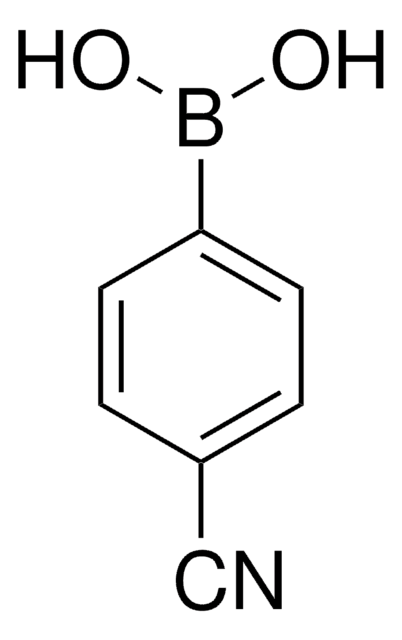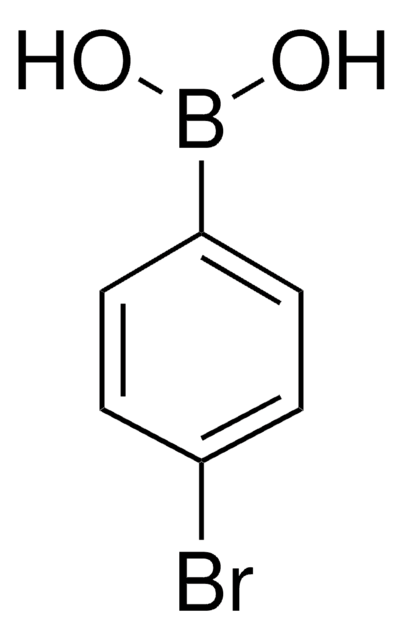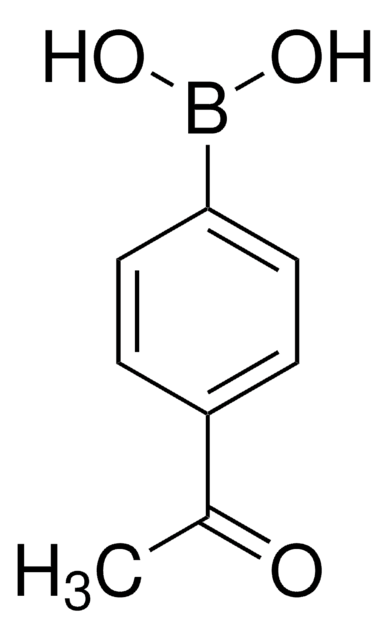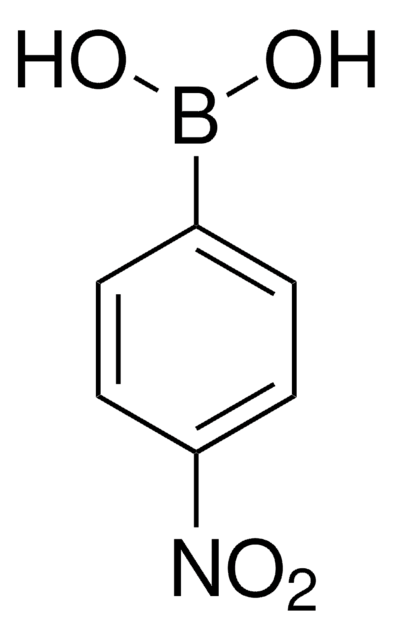417556
4-Fluorophenylboronic acid
≥95%
Sinónimos:
(4-Fluorophenyl)boric acid, (4-Fluorophenyl)dihydroxyborane, (4-Fluorophenyl)dihydroxyboron, (p-Fluorophenyl)boric acid, 4-Fluorobenzeneboronic acid, p-Fluorobenzylboronic acid, p-Fluorophenylboronic acid, NSC 142683
About This Item
Productos recomendados
Nivel de calidad
Ensayo
≥95%
Formulario
powder
mp
262-265 °C (lit.)
grupo funcional
fluoro
cadena SMILES
OB(O)c1ccc(F)cc1
InChI
1S/C6H6BFO2/c8-6-3-1-5(2-4-6)7(9)10/h1-4,9-10H
Clave InChI
LBUNNMJLXWQQBY-UHFFFAOYSA-N
¿Está buscando productos similares? Visita Guía de comparación de productos
Aplicación
It can also be used as a reactant in:
- Suzuki coupling using microwave and triton B catalyst.
- Pd-catalyzed direct arylation of pyrazoles with phenylboronic acids.
- Mizoroki-Heck and Suzuki-Miyaura coupling reactions catalyzed by palladium nanoparticles.
- Cu-catalyzed Petasis reactions.
- Tandem-type Pd(II)-catalyzed oxidative Heck reaction and intramolecular C-H amidation sequence.
- Ruthenium catalyzed direct arylation.
- Rh-catalyzed asymmetric conjugate additions.
- Ligand-free copper-catalyzed coupling of nitro arenes with arylboronic acids.
- Regioselective arylation and alkynylation by Suzuki-Miyaura and Sonogashira cross-coupling reactions.
- Suzuki cross-coupling of tetrabromothiophene.
- Palladium-catalyzed addition to nitriles.
Otras notas
Palabra de señalización
Warning
Frases de peligro
Consejos de prudencia
Clasificaciones de peligro
Acute Tox. 4 Oral - Eye Irrit. 2 - Skin Irrit. 2 - STOT SE 3
Órganos de actuación
Respiratory system
Código de clase de almacenamiento
11 - Combustible Solids
Clase de riesgo para el agua (WGK)
WGK 3
Punto de inflamabilidad (°F)
Not applicable
Punto de inflamabilidad (°C)
Not applicable
Equipo de protección personal
dust mask type N95 (US), Eyeshields, Gloves
Elija entre una de las versiones más recientes:
¿Ya tiene este producto?
Encuentre la documentación para los productos que ha comprado recientemente en la Biblioteca de documentos.
Los clientes también vieron
Nuestro equipo de científicos tiene experiencia en todas las áreas de investigación: Ciencias de la vida, Ciencia de los materiales, Síntesis química, Cromatografía, Analítica y muchas otras.
Póngase en contacto con el Servicio técnico
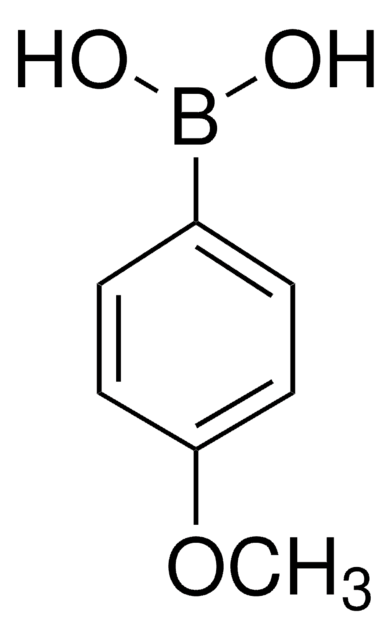
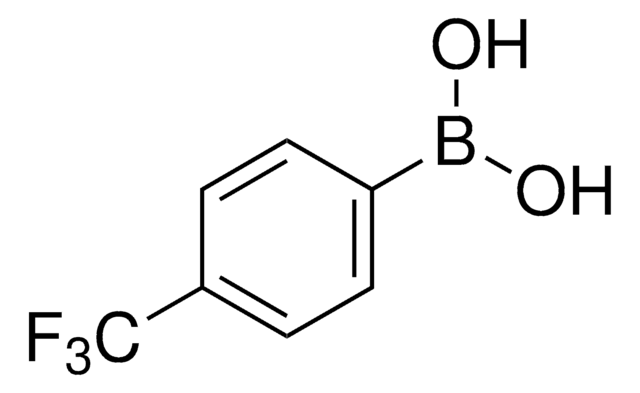
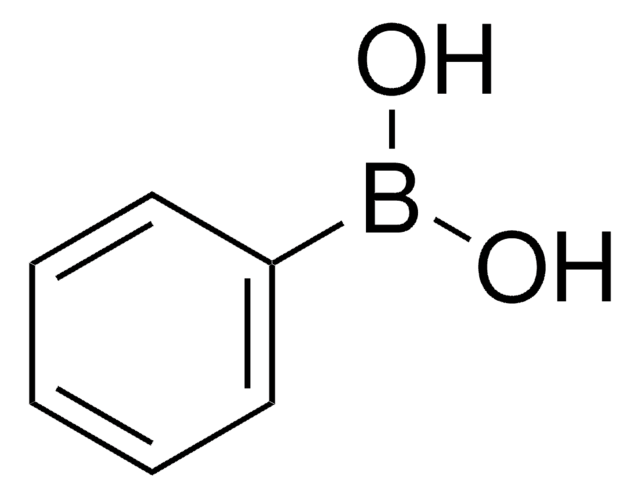
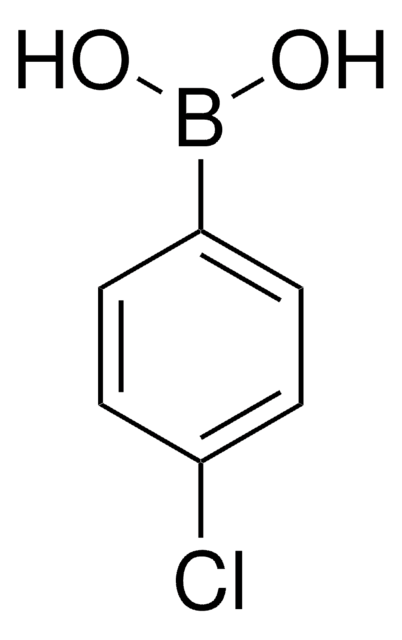
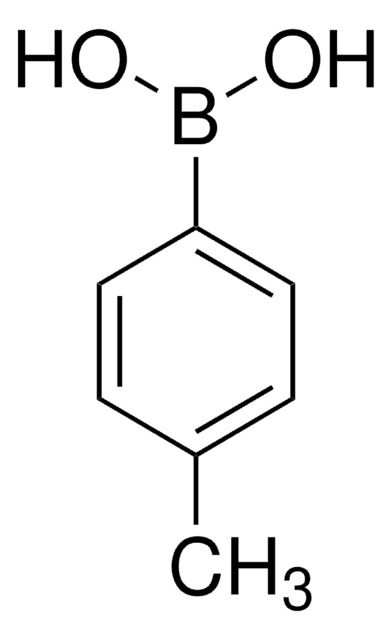

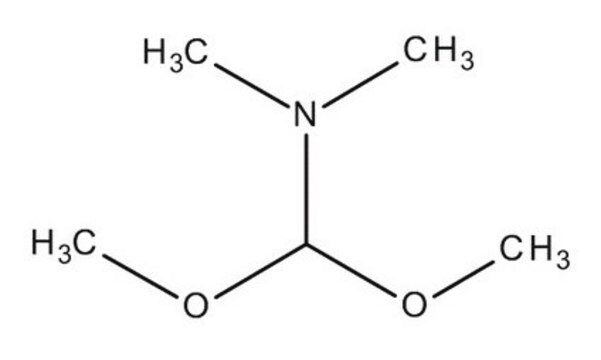
![[1,1′-Bis(diphenylphosphino)ferrocene]dichloropalladium(II)](/deepweb/assets/sigmaaldrich/product/structures/130/734/8846aa26-1858-458a-998d-8c306c13bf0f/640/8846aa26-1858-458a-998d-8c306c13bf0f.png)

